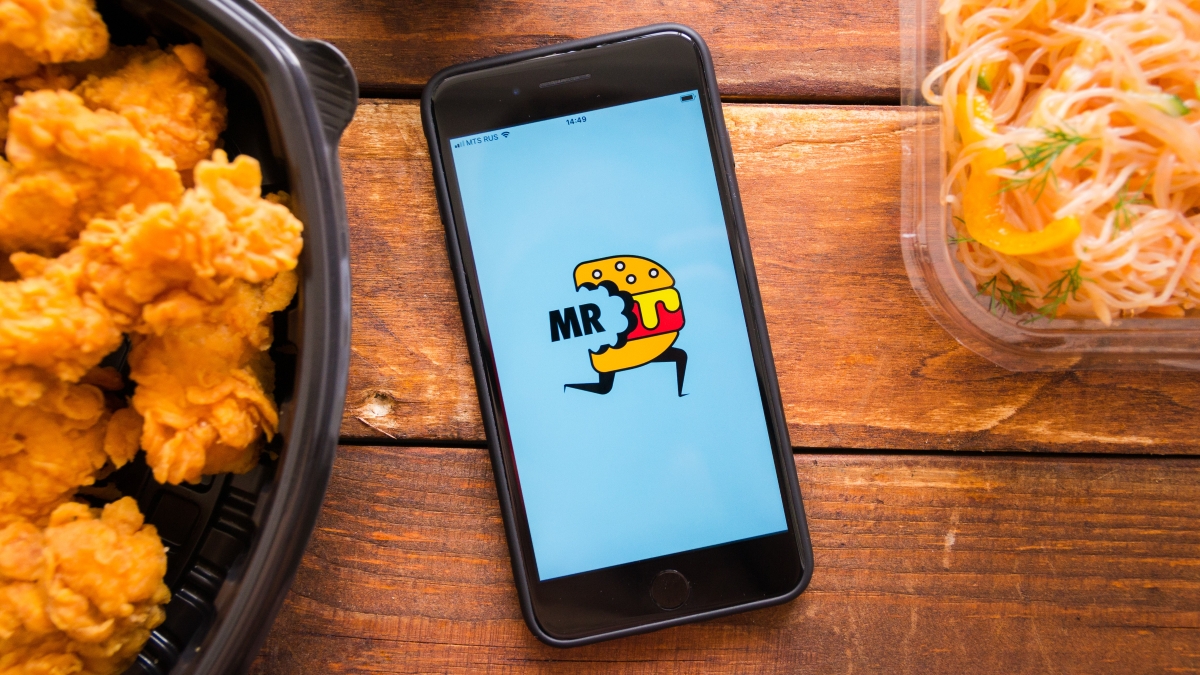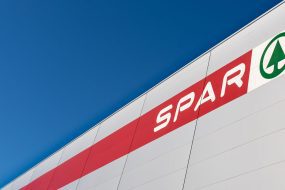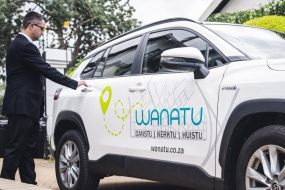
A delivery rider for Mr D Food has come forward to share his experience working for the company, revealing details about earnings per delivery and penalties for not working, despite the company’s policy discouraging workers from disclosing such information.
After investigating the challenging conditions faced by delivery riders in South Africa, MyBroadband and BusinessTech interviewed several riders to gain deeper insights into their experiences. However, it quickly became clear that many were hesitant to speak out, citing explicit instructions from their employers.
“We are not allowed to speak to journalists,” was a common response among riders.
When questioned about this, Mr D stated that it was “not aware of any general directive instructing drivers not to speak to the media.”
“As a platform operating in a highly competitive last-mile delivery industry, we maintain strict confidentiality standards,” the company added.
One rider, whom we will call Carlo (a pseudonym to protect his identity), was willing to share his experiences working for the Takealot-owned platform.
Carlo has been working with Mr D for two years. It’s important to note that delivery riders in South Africa are classified as independent contractors or gig workers rather than employees. This means they do not receive the benefits and protections that come with formal employment. However, they do have the flexibility to choose how many hours and days they work each week.
This structure is similar to the e-hailing industry, where many workers take on gig jobs as a secondary source of income.
Carlo’s weekly work schedule varies, but he typically works 12-hour shifts from 8 AM to 8 PM. On an average day, he completes between 15 and 20 deliveries, earning R28 per order. This amounts to about R420 on a slow day and up to R560 on a more productive one.
Over the course of a month, this adds up to approximately R11,760, or just over R40 per hour—well above the national minimum wage of R27.58. However, these earnings must cover all of Carlo’s work-related expenses, including fuel and vehicle maintenance. After accounting for these costs, he takes home around R8,500 per month.
Carlo highlighted that managing these expenses is one of the toughest aspects of the job, as Mr D does not provide any financial support to cover fuel or maintenance. When asked about this, the company responded that it tracks driver expenses and adjusts payments monthly to reflect changes in fuel costs.
Fortunately, Carlo owns his motorbike, which spares him the additional burden of rental fees. Many other riders, however, have to rent their vehicles, which can cost around R450 per week.
Despite the flexibility of being an independent contractor, Carlo noted that all Mr D riders are required to work during peak hours on Fridays. Riders who fail to be online during these hours face penalties, though Carlo did not provide specifics on the nature of these penalties.
Mr Delivery was acquired by the Takealot Group in 2014, and two years later, its food delivery service was rebranded as Mr D Food, while its courier business became part of the Takealot Delivery Team.
It took eight more years for the food delivery platform to become profitable. At the end of the 2024 financial year, Naspers, the parent company of the Takealot Group, announced that Mr D had finally reached profitability.
“Mr D has built a leading two-sided food delivery marketplace in South Africa by providing superior service and a better restaurant selection for customers, while also offering an economically attractive channel for restaurants to increase sales with minimal incremental cost or effort,” Naspers stated.
In addition to its partnership with offline grocer Pick n Pay, Mr D has expanded its offerings to include pet food, accessories, gifts, flowers, and general merchandise, transitioning towards a broader convenience-delivery model.












